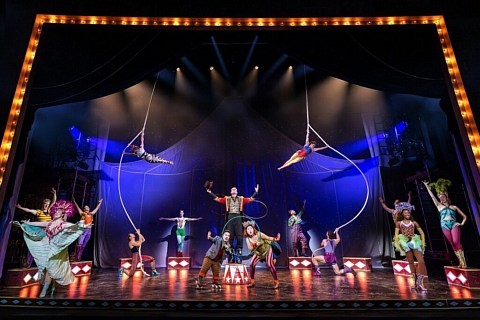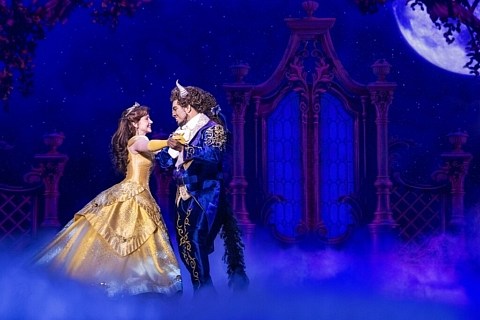What started as a U.K.-based dating series and turned into a worldwide phenomenon, “Love Island” has branched beyond a way to help people build connections in a paradise-like environment. With the rise in popularity and award of prize money, are the contestants of “Love Island” coming in with true intentions?
With every reality show, there is always an inkling that nothing is as “real” as production tries to make it out to be. An educated guess as to how “Love Island” operates is that the plots and couples in the show are partially staged. No matter how much guidance the audience perceives the producers to have, no one can deny the decline of authenticity in cast members selected to go to the infamous island of love.
In the beginning, “Love Island” was only really aired to the people of the United Kingdom, casting people from there and catering to a very English audience.
Since the first season in 2015, the show has expanded to not only showing the U.K. series on streaming platforms accessible to other countries and continents but also creating spinoff shows such as “Love Island Australia” and “Love Island USA.”
The more the show grew, the less genuine it became.
With the original idea being random people finding the love of their lives and building a connection in a villa, cut off from the real world so they are focused on just getting to know one another, it is safe to say that the show has strayed from the original plot.
Before, “Love Island” at least attempted to find singles in their 20s, varying jobs and with a real goal of finding ‘the one.’ Now, it seems as though the pool of contestants is chosen from influencers, football players and people who already have a significant following on their social media platforms.
Obviously, there is a draw in bringing on notable characters with an established presence, as their following will bring in more viewers for the show, but it leads the audience to question if their priorities are in the right place, or if it is just a shot at some more fame.
The object of fame, following and brand deals is what is keeping every variation of “Love Island” from its roots. There are plenty of people going into the villa for a shot at being the next face of the Princess Polly ads over finding a husband. Depending on how long couples last not only in the villa, but in the outside world after the show, can also make or break how many people are interested in them. This leads to some couples ‘sticking it out’ for likes and followers after they have already established they are not a right fit behind the scenes.
Someone could write a killer book with the ‘fake dating’ trope based on many “Love Island” couples who only make it six months out of the villa to milk the brand deals.
There are also examples of contestants having a significant other back home while they lie on camera saying they want to find love, when really, winning the prize money is on their mind. An example as recent as this current season of “Love Island USA,” where fans have found evidence Kendall broke up with his girlfriend right before coming to the show, they question his motives.
It also comes down to the show’s eligible singles fitting the personality type of people you would find getting bottle service in the VIP section on a night out. While that does not cover every person on the show, that is the ideal ‘Love Island type’ you start to see since the show’s growth. You have people like Joey Essex from this current season competing on the show seemingly knowing every bombshell that walks in, making the population of the United Kingdom look smaller than it is.
There are other examples of islanders coming in, knowing one another, being close with personalities from previous seasons and overall just being connected. This is not the case as often in the U.S.A. version, as those groups of personalities are more spread out, but for the U.K., these people could easily find love with each other on a night out in London, they don’t need the villa.
It became apparent that personalities such as Camilla from series three of Love Island U.K., who successfully met her husband and father of her children on the show, would never be cast in 2024 after how the show has grown. Even though she is one of the few success stories in the show’s history, her shy and sweet personality and heavy-hitting career involving cleaning up debris in war-torn countries, is not what the show is looking for in recent seasons.
The mold for an islander is to fit the outgoing, clout-chasing, reality TV personality that can handle the slew of followers destined to come their way after the season is over. This leaves the show’s production valuing “meme moments” with these personalities over fostering genuine relationships as the priority.
The experience for the audience then becomes altered when you don’t truly know if you are watching a couple fall in love, or watching two people scheme and play the game to win the prize. While that has always been a factor since the beginning, as being ingenuine is not a foreign concept for reality television, it is way more frequent in later seasons.
That being said, it is nice to see the couples that are successful after the show is over and as a viewer, you want to hope the couple you’re rooting for has genuine intentions. But, it does seem like that is a rare feat with the casts of recent seasons.





Recent Comments